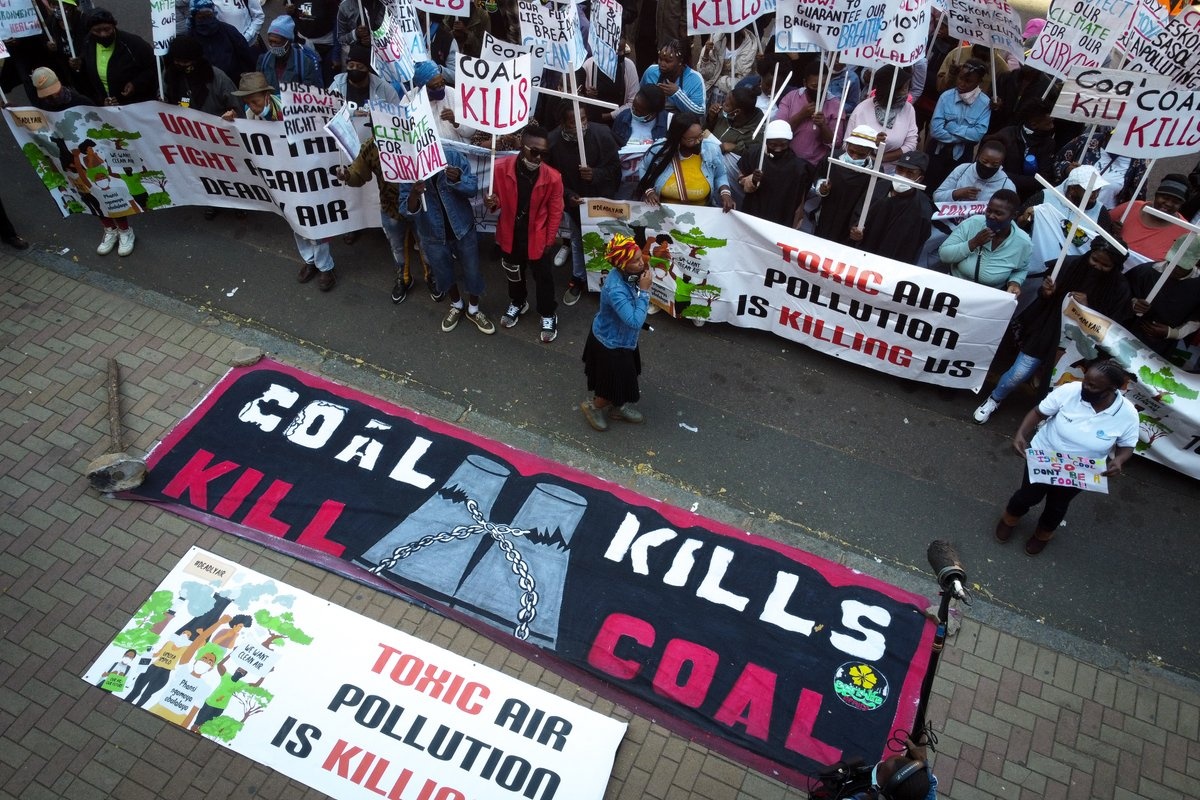Controversial Companies

The data on GCEL can't tell the full story of how coal companies are displacing communities, destroying ecosystems, violating environmental regulations, and wrecking peoples’ health. Here, we put a spotlight on some of the most controversial companies and their impacts.
Adani
India’s Adani is one of the world’s most controversial coal conglomerates. According to GCEL 2025, it is the world’s second largest developer of coal power, and through its Australian Carmichael mine, one of the world’s top coal mining expansionists.
Duke Energy
Duke Energy is one of the biggest power utilities in the United States and operates 12.2 GW of coal-fired capacity in 4 US states: North Carolina, Indiana, Kentucky and Florida. Coal accounts for around 1/5 of the company’s total generation capacity.
EPH
Czech company EPH is one of Europe’s largest polluters. In recent years, it has found a new way of drawing money from state budgets. EPH owned the German coal company LEAG until 2023 and is in the process of selling MIBRAG to its sister company EP Energy Transition. According to German law, EPH will now receive substantial government compensations for the “early” closure of LEAG’s and MIBRAG’s coal assets.
Eskom
State-owned company Eskom is crumbling under the weight of corruption, mismanagement and coal dependency, while South Africans pay the price. The state-owned Eskom is supposed to supply 80% of South Africa’s electricity. In 2023, however, South Africans were without power for 6,947 hours.
Glencore
Switzerland’s Glencore is one of the world’s largest thermal coal producers. GCEL data shows the company produced 99.6 Mt of thermal coal and 19.9 Mt of metallurgical coal in 2024, with mines in Australia, South Africa and Colombia. Glencore has absolutely no intention of phasing out its coal production.
KEPCO
South Korea’s Korea Electric Power Corporation (KEPCO) is clinging to fossil fuels while facing financial turmoil, greenwashing accusations, and a credibility crisis. KEPCO is one of the largest electricity utilities in the world. GCEL data shows that it owns and operates over 37 GW of coal-fired power plants.
Peabody
The American company Peabody Energy Corp holds a long and dismal record of harming the environment as well as local communities, and has the bleak financial records to match. Clearly, Peabody is a risky investment in more ways than one.
San Miguel
Famous for its beer, the Filipino conglomerate San Miguel is also the largest power producer in the Philippines. The company operates 4 coal power plants and still plans to build 2 more coal plants, and also has 4 gas power projects in the pipeline.
